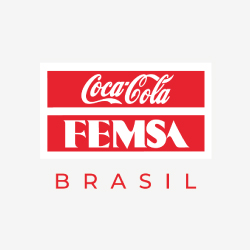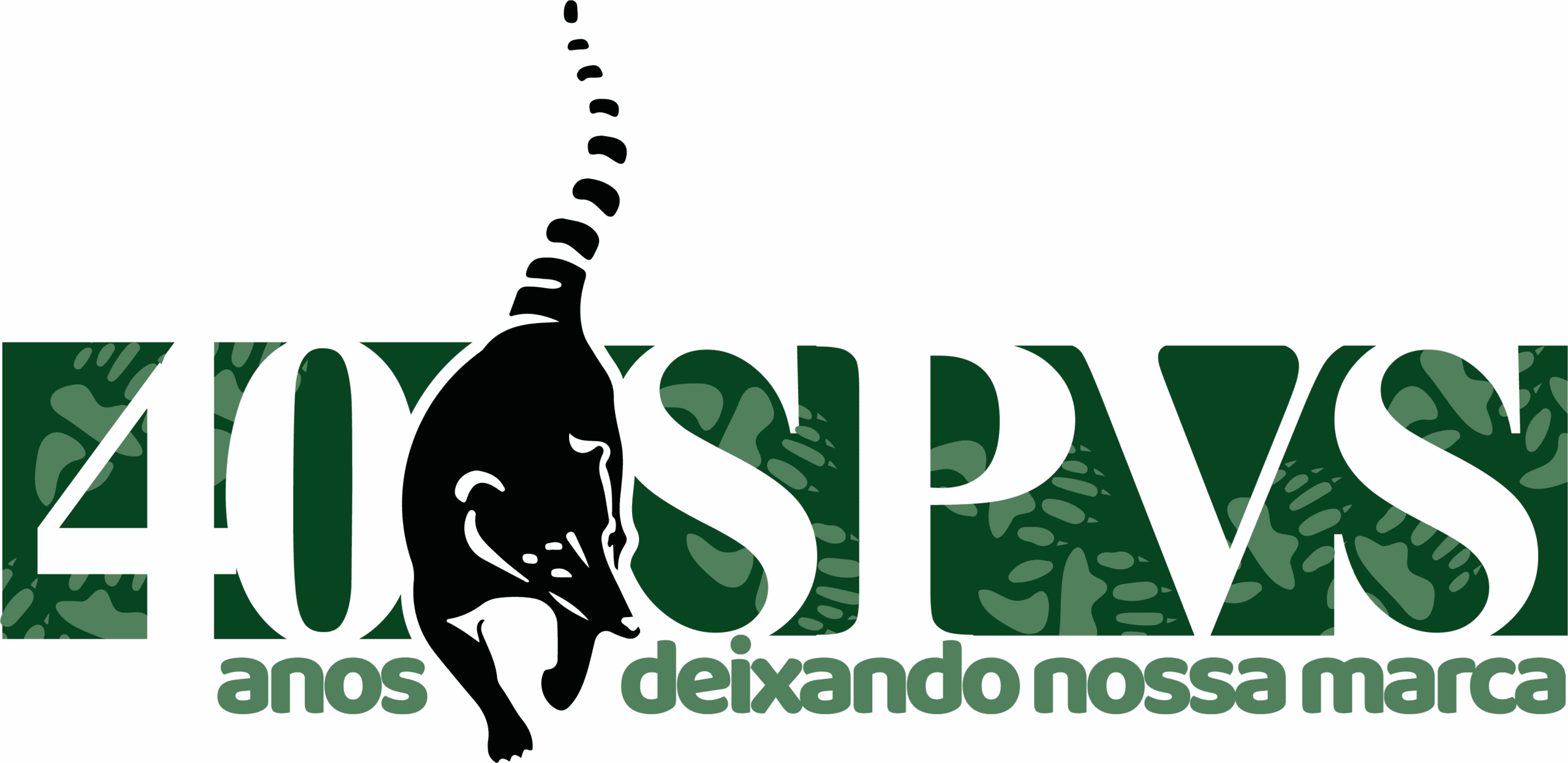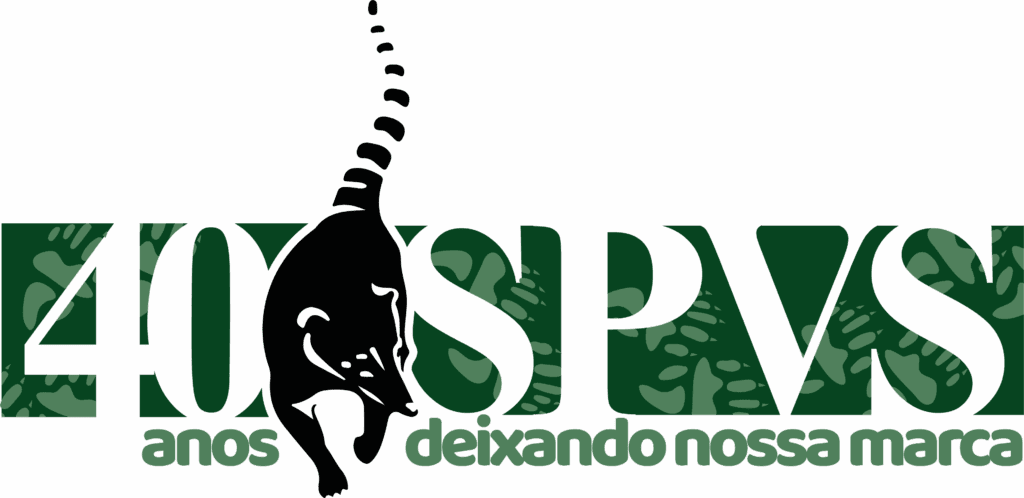Photo: Gabriel Marchi ©
Water Neutrality Project
The Water Neutrality Project is a partnership between SPVS and Coca-Cola FEMSA Brazil, focusing on the activities of two company factories located in the São Paulo municipalities of Bauru and Mogi das Cruzes.
Aiming to achieve water compensation for both plants, the project assists in water production in the aquifer recharge areas where the units are located—within the Atlantic Forest and Cerrado biomes.
The compensation is a voluntary action by the company, carried out through the conservation and protection of natural areas, which, in addition to contributing to the local community’s water security, provide other essential ecosystem services for society’s quality of life—such as air quality, microclimate regulation, pollination, well-being, and more.
How does it work?
The methodology of the Water Neutrality Project was developed based on a model of natural area conservation associated with Payment for Environmental Services (PES). Through the “adoption” of properties that maintain remnants in strategic locations for water recharge and a prior diagnosis, the aim is to recognize and encourage conservation efforts, raising the standards of nature production and the provision of local ecosystem services.
The adopted properties undergo eligibility criteria where the location of the area, environmental quality, land issues, and the profile of the owners are evaluated—seeking motivated individuals to form a network of positive impact in the territories.
The selected properties have unique representativeness in local ecosystems, with the presence of springs and water recharge areas, in addition to safeguarding biodiversity, often including endangered species.
When an area is “adopted,” a basic Management Plan is developed, defining the scope of management activities. The actions outlined in the plan must be implemented subsequently to ensure the maintenance of water production and recharge.
Other activities of the Project include the development and adaptation of public policies and the establishment of strategic partnerships to form a network of best practices in the territory. With this, different sectors of society work together to strengthen actions and initiatives in favor of managing ecosystem services for the conservation of natural resources in the territory.
All united Producing Nature!
Photo: Gabriel Marchi ©
Project Results
By early 2024, the Project had adopted nearly a thousand hectares* of strategic areas that, in addition to promoting the maintenance and improvement of water recharge, provide various important ecosystem services, such as conserving biodiversity, including endangered species like the black-tufted marmoset (Callithrix aurita) and the southern muriqui (Brachyteles arachnoides).
Regarding social and educational developments, since April 2023, SPVS has been promoting training for Elementary School 1 and Early Childhood Education teachers, so that educators incorporate nature conservation content into the school routine, becoming multipliers of the project.
So far, about 350 teachers from the Municipal Education Network of the municipalities involved with the project have participated in online and in-person training. The Education Departments of the municipalities were also directly involved to mobilize these educators, encouraging active participation in training and raising awareness of biodiversity conservation and the provision of quality water resources.
Additionally, the project is forming a network of best practices in the territory to strengthen public policies that benefit the conservation of natural areas in São Paulo. A network of local actors and institutions, composed of the public sector (local municipalities, Forest Foundation) and Third Sector institutions, is being strengthened to discuss and expand the nature conservation agenda in the territories.
Photo: Gabriel Marchi ©
The following institutions also participate in the Program:
Giramundo Institute, Forest Atlas, Forest Foundation, São Paulo Environmental Secretariat
Meet those who produce the future
with the Water Neutrality Project


Access
also
Sites and Links
- Learn how to participate in the project
- Educational Material – Nature Conservation: the role of ecosystems and education in water security (module 1)
- Educational Material – Nature Conservation: the role of ecosystems and education in water security (module 2)
- Educational Material – Nature Conservation: the role of ecosystems and education in water security (module 3)

